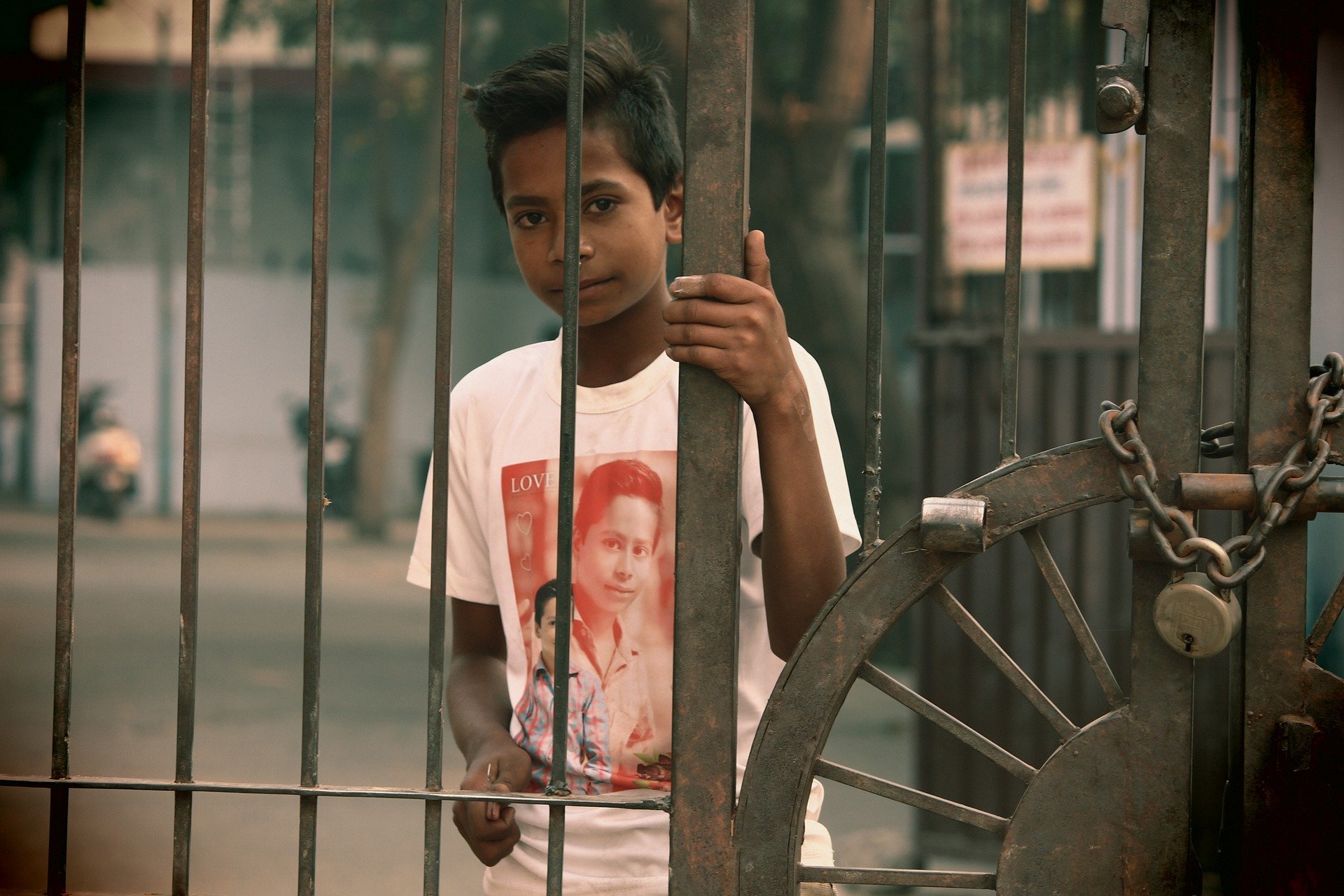Usually, every child gets attached to a parent or a caregiver, but not every child will attach positively to them and develop positive attachments. It mostly depends on the responsiveness and sensitivity of the caregivers towards the infant.
Typically four attachment styles are shown by the children. They are the Secure attachment style, avoidant attachment style, ambivalent attachment style, and disorganized attachment style.
Secure attachment style:
As the name suggests, they are attached to their parents/caregivers and love to stay with them, they are usually happy and trusting but are also secure enough to know the world and understand their limits of independence. As an adult, these children will have long-term, healthy relationships, fewer trust issues, and a higher level of self-esteem. They also enjoy spending quality time with others and would reciprocate others’ feelings and emotions.
Avoidant attachment style:
These children usually do not prefer to interact with people and might be emotionally distant. They may not like hugs and cuddles. They always try to do things by themselves and often display early signs of independence. They usually do not seek help from other adults. Moving into adulthood, these individuals may struggle with close and intimate relationships. This happens as they do not confront their emotions & feelings with their partners. There may not be any distress when their relationship ends.
Ambivalent attachment style:
Ambivalent attachment style comes with high levels of anxiety and insecurity within adolescents. They always seem clingy to their parent or caregiver and frequently seek attention from them, though they may reject the attention when provided. They may not like strangers. As an adult, they may become overly dependent, deeply disturbed when the relationships end, and might show reluctance to gain closeness with others, especially in intimate relationships.
Disorganized attachment style:
Children with a disorganized attachment style usually struggle to manage their emotions. They may also display aggression and erratic behavior. They are also likely to seem depressed, emotionally withdrawn, and not so responsive to others. Moving into adulthood, they may feel that they don’t deserve love or closeness in any relationship.
Importance of Professional Counseling: A friend or family member may listen to you, but they aren’t professionally, technically qualified or experienced to offer you professional advice. If you wish you can contact us at MindTribe to receive help from our team of expert psychologists.
About MindTribe.in.
MindTribe Founder Dr. Prerna Kohli, India’s eminent psychologist, established the company to leverage the strength of the online to make counseling affordable and accessible to everyone. MindTribe provides counseling, workshops, support groups, forums, and eLearning.
About the Author.
Supritha Bhat is a psychologist at MindTribe.in. You can learn more about her by clicking here
Disclaimer: The views and opinions expressed in this article are those of the author and do not necessarily reflect the official policy or position of MindTribe.in, the Founders, or management team.
Acknowledgement: All images used are open source and from Unsplash.

